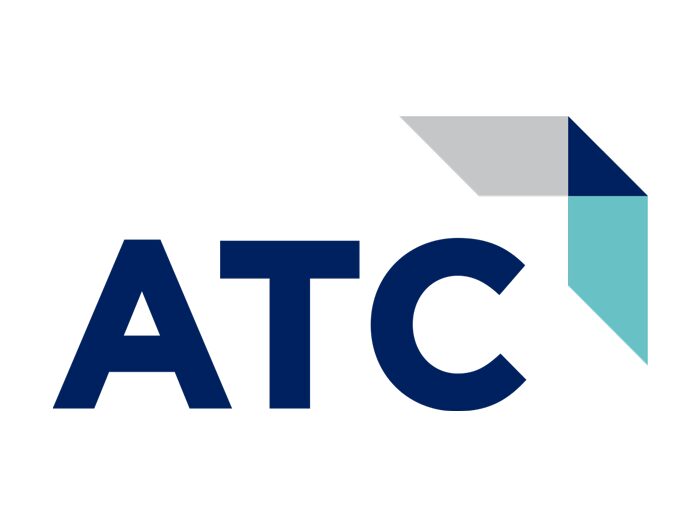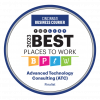
Cloud computing is a term that has gained widespread use over the last several years. With the exponential increase in data usage accompanied by society’s transformation into the digital 21st century, it is becoming more and more difficult for organizations to keep all of their vital information, programs and systems up and running on in-house computer servers. Cloud-based services offer a scalable and reliable IT infrastructure that is specifically designed to streamline business performance and support development and growth.
Choosing an IT model for your business is a very important decision. Every company needs a safe and secure storage space, where data and applications can be easily accessed and operational costs are kept to a minimum. According to recent cloud computing trends, as much as 80 percent of organizations are predicted to migrate toward the cloud by 2025. If you’re thinking of migrating your data from traditional IT infrastructure to cloud-based platforms, relying on the expertise of a technology consultant and the right cloud services provider is highly recommended.
What is Hybrid Cloud?
Your consultant or cloud services provider might suggest a hybrid cloud approach. Hybrid cloud is the combination of public and private cloud and single-tenant environments to create a hybrid solution that offers businesses greater flexibility and scalability. This approach allows organizations to get the best of both private and public cloud models:
- Private cloud describes a single-tenant environment with dedicated servers for maximum protection and performance. This environment allows customization based on specific business needs by offering the flexibility of the cloud while maintaining control, access, and security of your own dedicated resources.
- Public cloud provides a multi-tenant environment with a pay-as-you-go model that handles unpredictable network traffic. This solution provides the flexibility to scale and add capacity as business applications and demands grow.
Top Benefits of Hybrid Cloud Computing
Forbes reports that hybrid cloud is one of the top five biggest cloud computing trends in 2022, allowing businesses to adopt a best-of-both-worlds approach due to the following benefits:
- Flexibility: Businesses work with various types of data in disparate environments and constantly adjust their IT infrastructure. A hybrid cloud setup uses traditional systems as well as the latest cloud technology, enabling organizations to migrate workloads to and from their traditional infrastructure and a public cloud service whenever necessary.
- Cost effectiveness: With a private cloud, organizations own and operate the data center infrastructure, which requires significant capital expense and fixed costs. Alternatively, public cloud resources and services are accounted for as variable and operational expenses. Hybrid cloud users can choose to run workloads in whichever environment is more cost-effective.
- Scalability: Hybrid cloud offers more resource options via a public cloud provider over an organization’s physical data center, making it easier to provision, deploy and scale resources to meet increases in demand. When demand exceeds capacity of the local data center, businesses are able to push (or burst) the application to the public cloud to access extra scale and capacity.
- Resiliency and interoperability: A business can run workloads redundantly in both private and public environments. Components of one workload can also run in both environments, creating interoperability.
- Regulation and compliance: Organizations in highly regulated industries must follow restrictions on where data can reside, often resulting in the inability to move certain workloads to the public cloud. With hybrid cloud, organizations can keep data in a private environment while operating workloads in the cloud, or they can operate workloads in a private data center and move data to and from the public cloud as needed. This allows companies to meet regulatory requirements and still benefit from the cloud’s elasticity.
Optimize Your Workloads in the Cloud With ATC
ATC works with the leading cloud service providers to get applications up and running faster, with improved manageability and less maintenance, enabling IT to be more agile and scalable. Due to its elastic nature, the cloud provides the flexibility required to optimize workloads through public, private, hybrid and multi-cloud options.There are many types of cloud solutions. Call ATC and we’ll help you find what’s right for your business and help you make your migration faster with the best possible results.









